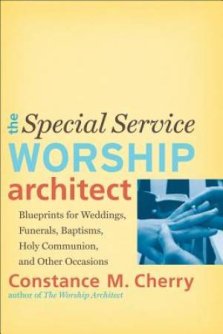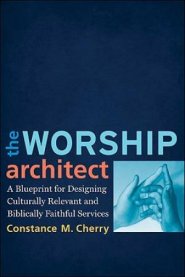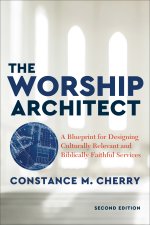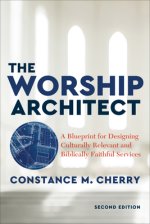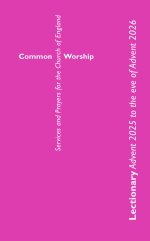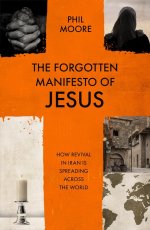I confess that my initial reaction to receiving this book was to take in the title and think, 'Oh no, not another worship metaphor'. But the book's introduction is suitably reassuring, and my expectations rose when I read that the author was a student and colleague of the late Robert E Webber. The trouble with an architect analogy and talk of worship design is that it makes the whole thing sound overtly mechanistic, but the metaphor gives the book its structure without impeding it.
Much of the book is intensely practical and has a lot of down-to-earth guidance for the planning and leading of worship, but is also comprehensive in the sense that the author makes clear the Biblical principles and historical practice behind her assertions.
It is structured for use on courses: each chapter is preceded by discussion questions, and concludes with a summary of key points and terms, as well as suggestions for further study and activity. But it's fine for individual study and reading as well, and the modular and sectional nature means that you don't have to read it all in order if you don't want to. (I didn't.)
In the final section of the book, the discussion opens out and I was pleased to find a chapter on worship style, another on prayer, and two chapters on the use of music, with one aimed specifically at the pastoral musician. Here, the author makes a useful distinction between the personal and the individual in evaluating material for use in corporate worship. Inevitably, she writes from her own cultural context, but the principles she sets out are easily adaptable, and lead (via styles including traditional, contemporary and blended) to conclusions rooted (appropriately enough) in convergence worship.
The book may seem a little clinical in places, but the practicality of the approach makes it directly useful for those involved in planning worship. There are regular reminders that (i) worship is our response to God's invitation, to what He has done for us, and (ii) the book is intended as an introduction, keeping the reader focussed on God whilst encouraging them to learn more, and apply what they read.
I found it an encouraging, useful and affirming book, and would recommend it to any worship leader. Also, I couldn't help thinking what a good thing it would be if it finds its way onto ministerial training courses
Trustpilot


